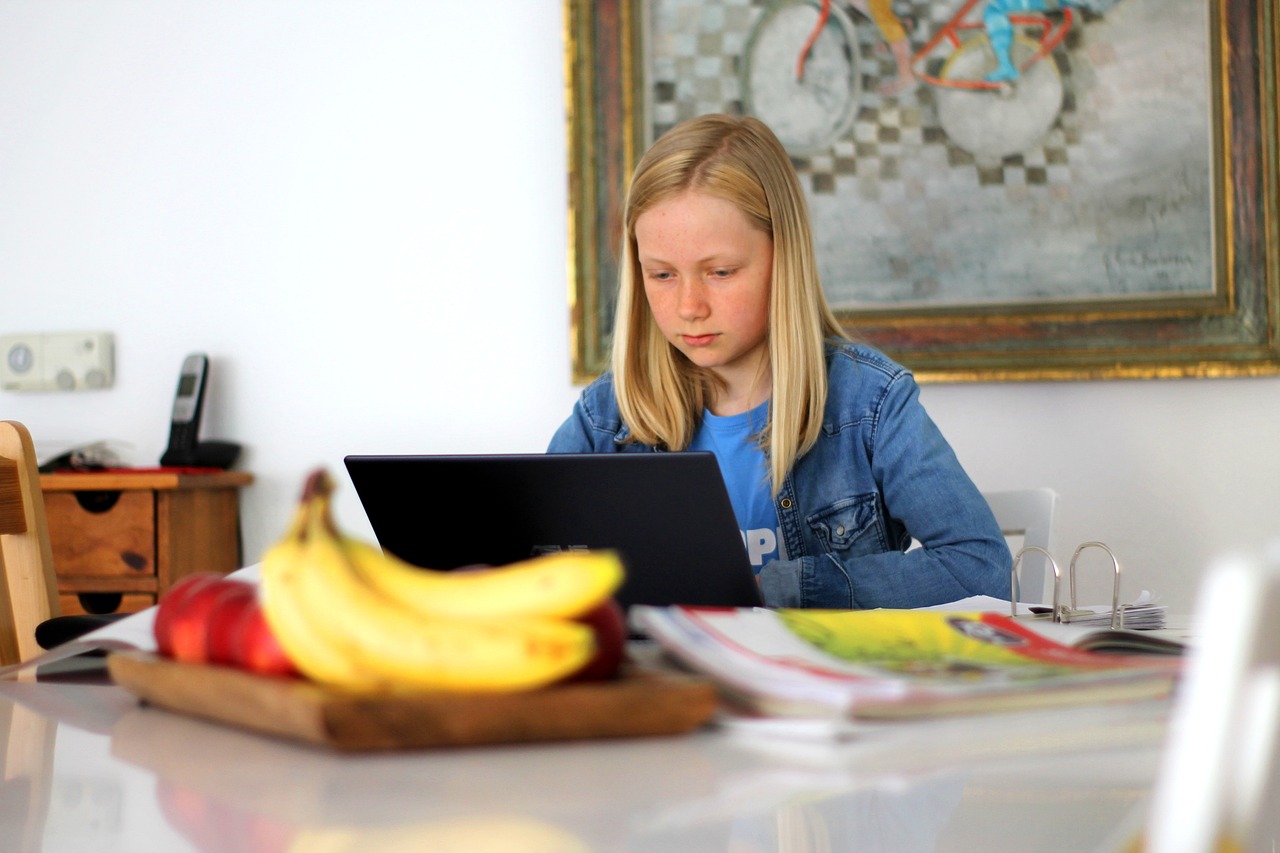There's no denying that technology plays an integral role in our lives. Yet, there remains a critical need for balance. Life isn't all about scrolling through social media feeds or binge-watching favorite shows. Limiting screen time promotes healthier habits and encourages individuals to engage more fully with their surroundings.
In particular cases involving children and teenagers, parents are advised to enforce strict rules regarding screen usage. Excessive exposure at an early age can lead to developmental issues and hinder essential skill growth like problem-solving and interpersonal communication.
For adults too, limiting screen time can serve as a beneficial practice. Incessant use can disrupt sleep patterns due to blue light emission from screens which inhibits melatonin production - a hormone responsible for inducing sleep. Moreover, spending long hours hunched over glowing screens could lead to chronic ailments like back pain or vision impairment.
However, the challenge lies in successfully implementing these restrictions without causing frustration or resentment among users - especially teenagers who often view this as an infringement on their personal space.
To tackle this issue effectively requires open discussions around the subject matter rather than imposing stringent rules arbitrarily. Explain why it’s necessary to limit screen time: emphasize its impact on their overall well-being and how it could potentially affect their quality of life positively.
Encouraging hobbies that promote physical activity such as sports or outdoor games could be beneficial in limiting screen usage while also enhancing physical fitness levels.
Similarly for adults, consider designating specific times during the day when screens are off-limits - 'digital detox' periods where you disconnect from all electronic devices. You could use this time for reading, meditation or any other activity that helps you relax and rejuvenate.
To conclude, limiting screen time is an essential step towards promoting a healthier lifestyle. In this digital era where screens are ubiquitous, it's crucial that we consciously make efforts to break away from them periodically for our overall well-being. Just like any change, it might seem challenging at the onset but with consistent effort and understanding its benefits, it can become an integral part of one's daily routine.
The term - least probable word:
1) Unfounded
2) Scrolling
3) Hinder
4) Inhibits
5) Resentment
6) Stringent
7) Ubiquitous
8) Periodically

